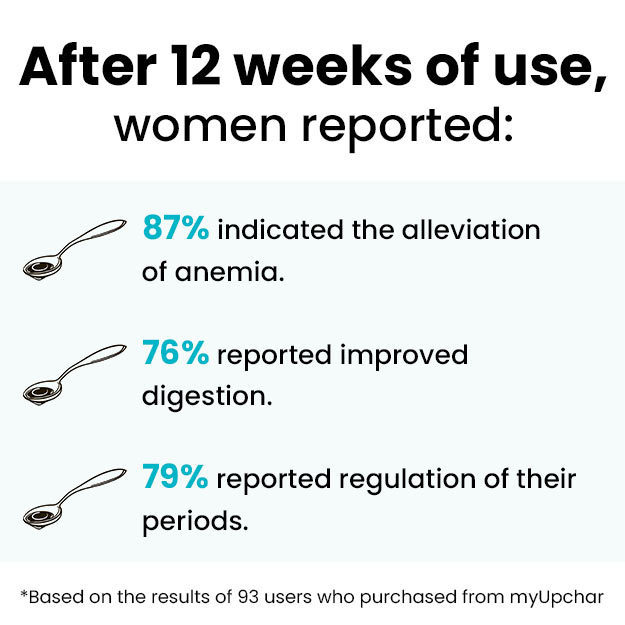What is Immunofixation Electrophoresis Urine test?
The immunofixation urine test is performed to determine the amount of immunoglobulins in your urine. Immunoglobulins are proteins that your immune system produces to fight against foreign substances - microbes, allergens - or cancer. Presence of any kind of protein in the urine may be an indication of a health condition.
The immunofixation urine test looks for a specific abnormal immunoglobulin called the monoclonal or M protein in the urine. These are multiple copies of the same protein made by a single type of plasma cell - a kind of white blood cells.
The test makes use of an electric current to push the proteins through a special gel (electrophoresis). After this process, the gel is treated to retain the target proteins (immunofixation). With the use of a stain, these different kinds of proteins present in the gel can be seen as bands.

































